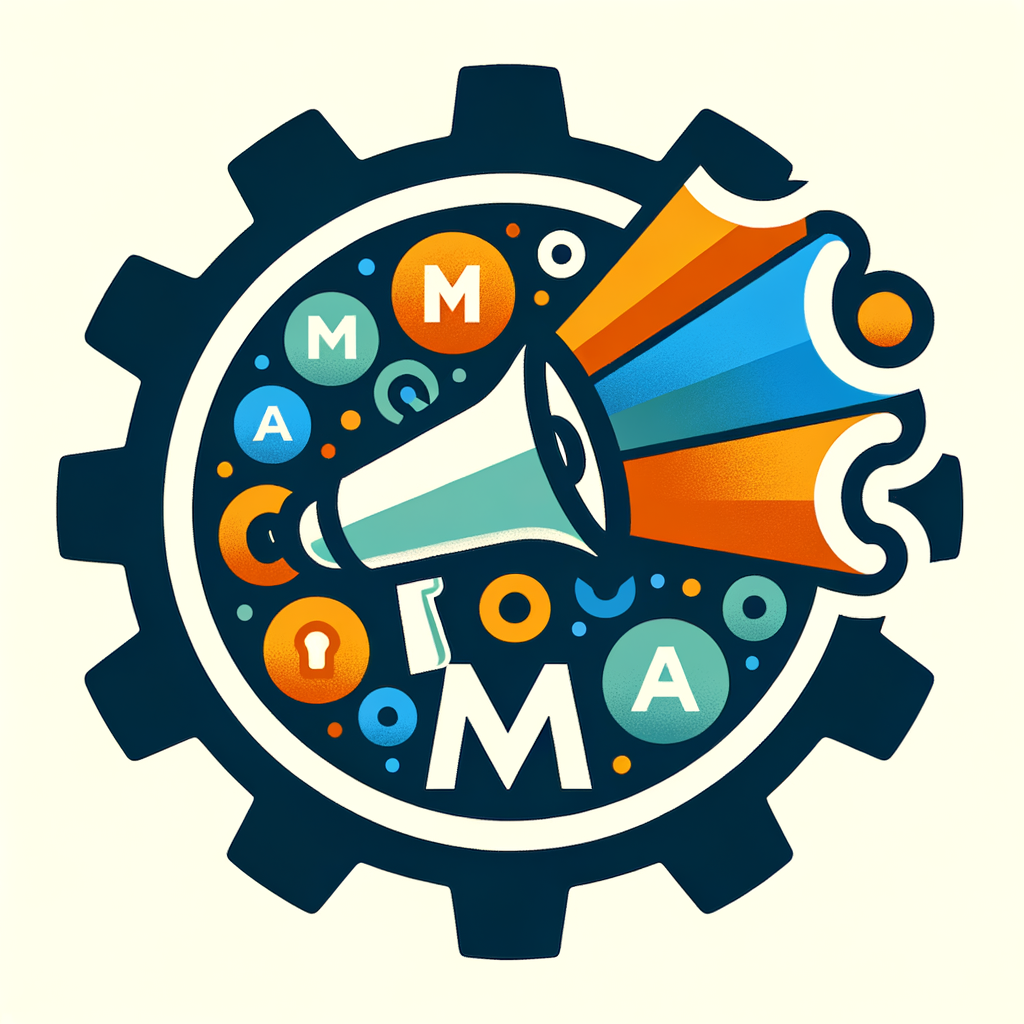What is the significance of connecting marketing automation with social media and advertising tools?
Marketing automation refers to the use of software and technology to streamline and automate various marketing processes, such as lead generation, email marketing, social media campaigns, and customer relationship management (CRM). By integrating marketing automation with social media and advertising tools, businesses can enhance their overall marketing efforts, improve efficiency, and achieve better results.
Key Takeaways
- Connecting marketing automation with social media and advertising tools allows for seamless data integration and campaign coordination.
- Automated social media posting and advertising campaigns can be triggered based on customer behavior and preferences.
- Comprehensive analytics and reporting capabilities provide insights into campaign performance and customer engagement.
- Personalized and targeted marketing efforts can be achieved through data-driven segmentation and lead scoring.
- Streamlined workflows and automation reduce manual efforts, saving time and resources.
Marketing Automation and Social Media Integration
Social media platforms have become integral to modern marketing strategies. By integrating marketing automation with social media tools, businesses can automate and streamline their social media activities. This integration allows for seamless posting of content across multiple social media channels, scheduling posts in advance, and monitoring social media interactions and engagement.
Marketing automation platforms can be connected to popular social media platforms like Facebook, Twitter, LinkedIn, and Instagram. This connection enables businesses to create and execute social media campaigns based on predefined triggers, such as customer behavior, lead scoring, or specific events. For example, a welcome message can be automatically sent to new followers on social media, or a promotional offer can be shared with customers who have shown interest in a particular product or service.
Marketing Automation and Advertising Integration
Advertising plays a crucial role in modern marketing strategies, and integrating marketing automation with advertising tools can significantly enhance the effectiveness of advertising campaigns. This integration allows for seamless data exchange between the marketing automation platform and advertising platforms, enabling businesses to create targeted and personalized advertising campaigns.
By leveraging customer data and behavioral insights from the marketing automation platform, businesses can create highly relevant and personalized advertising campaigns on platforms like Google Ads, Facebook Ads, or LinkedIn Ads. This targeted approach ensures that the right message reaches the right audience, increasing the likelihood of engagement and conversion.
Lead Generation and Nurturing
One of the primary benefits of connecting marketing automation with social media and advertising tools is the ability to streamline lead generation and nurturing processes. Marketing automation platforms can capture leads from various sources, including social media interactions, website forms, and advertising campaigns.
Once leads are captured, marketing automation tools can automatically score and prioritize them based on predefined criteria, such as demographics, behavior, and engagement levels. This lead scoring process allows businesses to identify and focus their efforts on the most promising leads, increasing the chances of conversion.
Personalized and Targeted Marketing
By integrating marketing automation with social media and advertising tools, businesses can leverage customer data and insights to create highly personalized and targeted marketing campaigns. Marketing automation platforms can segment customers based on various criteria, such as demographics, interests, behavior, and purchase history.
With this segmentation, businesses can tailor their messaging, offers, and content to specific customer groups, increasing the relevance and effectiveness of their marketing efforts. Personalized and targeted marketing not only improves customer engagement but also enhances the overall customer experience, leading to higher conversion rates and customer loyalty.
Comprehensive Analytics and Reporting
Marketing automation platforms often provide robust analytics and reporting capabilities, allowing businesses to track and measure the performance of their marketing campaigns across various channels, including social media and advertising platforms. By integrating these tools, businesses can gain a comprehensive view of their marketing efforts, enabling data-driven decision-making and optimization.
With integrated analytics, businesses can monitor key performance indicators (KPIs) such as click-through rates, conversion rates, engagement levels, and return on investment (ROI). This data-driven approach helps businesses identify areas for improvement, refine their strategies, and allocate resources more effectively.
Workflow Automation and Efficiency
Connecting marketing automation with social media and advertising tools can significantly streamline workflows and improve efficiency. Marketing automation platforms often offer automation capabilities that can trigger specific actions based on predefined rules or customer behavior.
For example, when a customer interacts with a social media post or clicks on an advertisement, the marketing automation platform can automatically trigger a follow-up email campaign or assign the lead to a sales representative. This automation reduces manual efforts, saves time, and ensures timely and consistent follow-up, ultimately improving the overall customer experience.
Compliance and Data Privacy
When integrating marketing automation with social media and advertising tools, it is crucial to consider compliance and data privacy regulations. Marketing automation platforms often provide features and settings to ensure compliance with relevant laws and regulations, such as the General Data Protection Regulation (GDPR) and the California Consumer Privacy Act (CCPA).
Businesses should implement appropriate data handling practices, obtain necessary consents, and provide transparency regarding the use of customer data. By adhering to compliance and data privacy regulations, businesses can build trust with their customers and avoid potential legal and reputational risks.
In conclusion, connecting marketing automation with social media and advertising tools offers numerous benefits for businesses, including improved efficiency, personalized and targeted marketing, comprehensive analytics, and streamlined workflows. By leveraging the power of these integrated tools, businesses can enhance their overall marketing efforts, drive customer engagement, and ultimately achieve better results. Remember to prioritize compliance and data privacy to maintain customer trust and avoid legal risks.
To fully harness the potential of marketing automation and its integration with social media and advertising tools, businesses should continuously evaluate their strategies, stay up-to-date with industry trends, and adapt their approaches as needed. Embracing this integration can provide a competitive edge and position businesses for long-term success in the ever-evolving digital marketing landscape.

